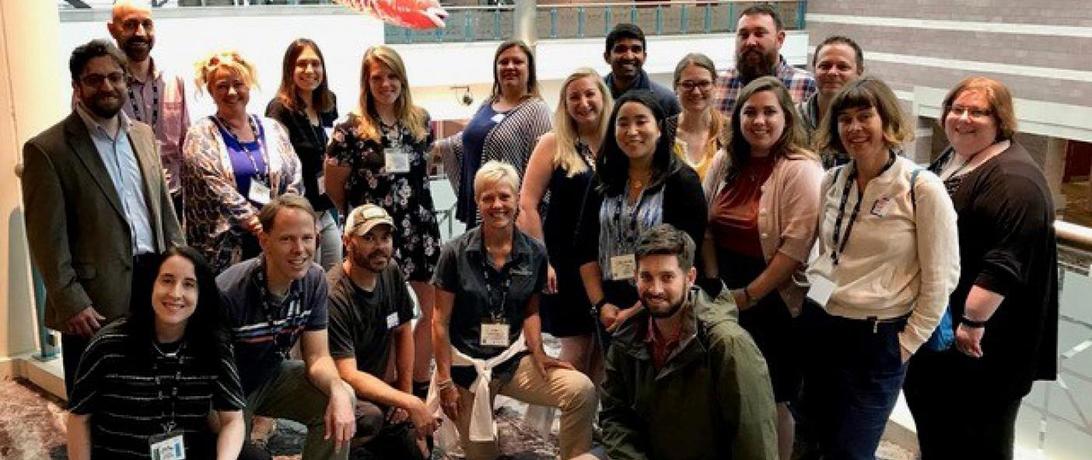Global fisheries networks link partners to leverage knowledge, technology, and community in service of improving research and education about fisheries issues. At the 148th annual meeting of the American Fisheries Society, fisheries professionals discussed how international fisheries networks are reshaping research by fostering cooperation and data transparency: World Fish Migration Day promotes free-flowing rivers for fish health. InFish links scientists from nongovernmental and intergovernmental organizations, government, and academia to support inland fisheries and increase understanding of their value to global livelihoods. The Global Initiative for Lake Fisheries is creating a database of environmental and fisheries data from lakes around the world. And a student-faculty exchange between Kamchatka, Russia, and Fairbanks, Alaska, is improving scientific cooperation—without politics—in one of the world’s richest salmon fisheries.
Secure Fisheries contributed lessons learned from its work in data-poor fisheries in the Horn of Africa where it uses research to impact well-being and education. Fish know no borders (besides dams), and the research of the future will increasingly be global and cooperative in scale and ambition.
